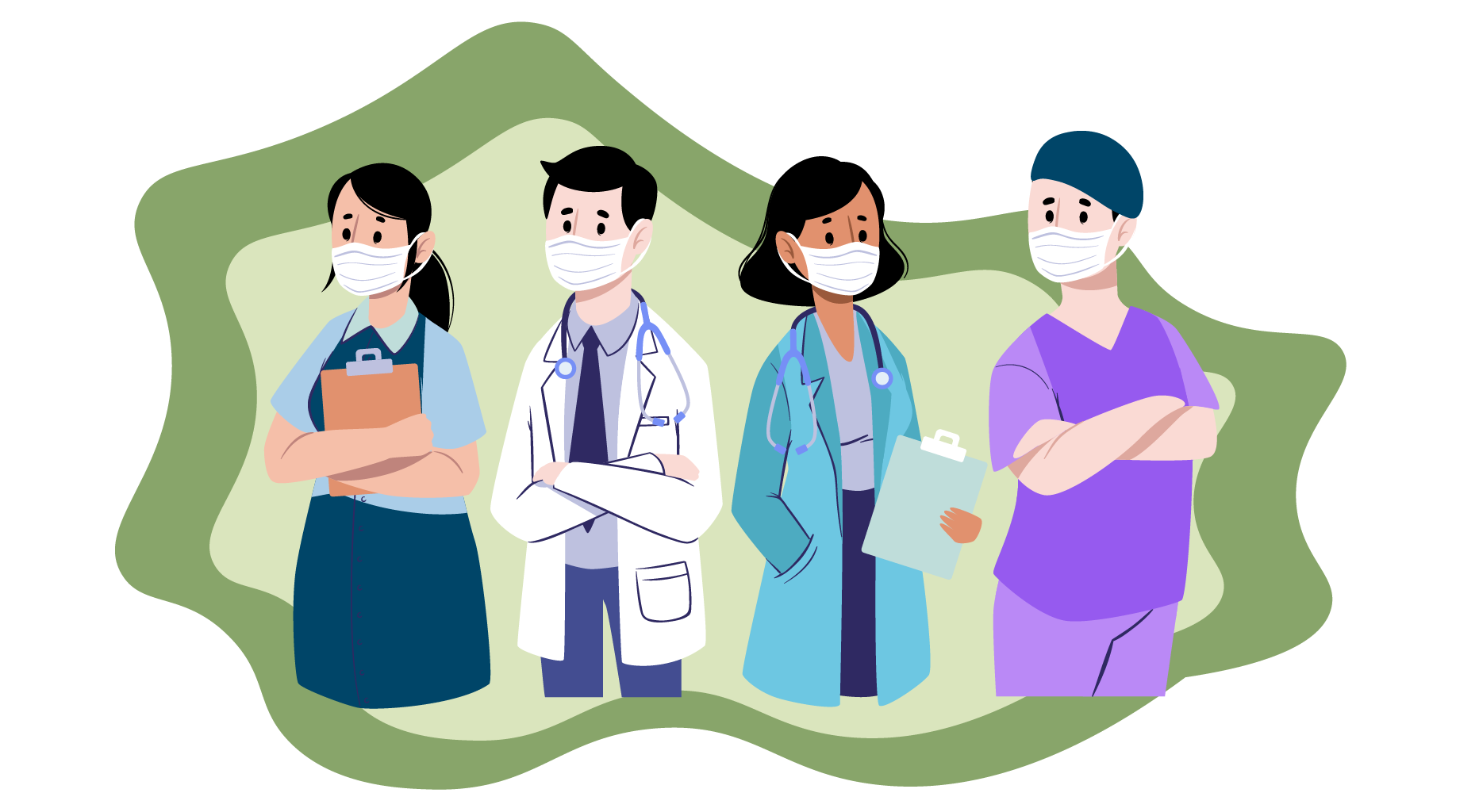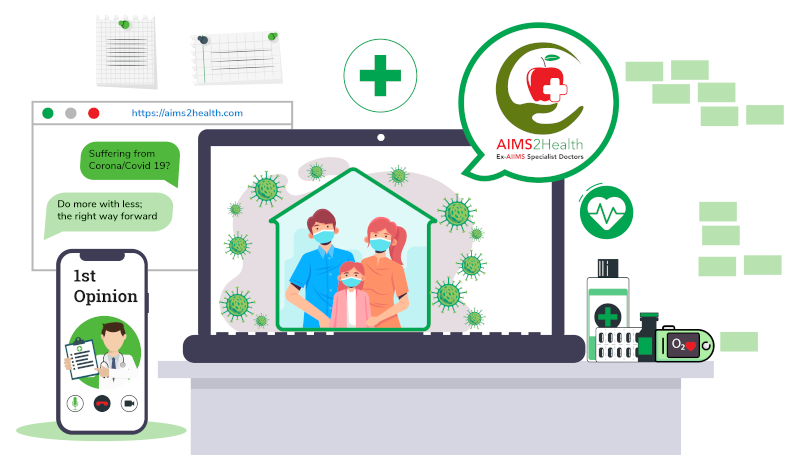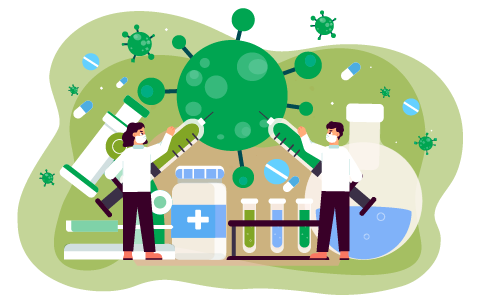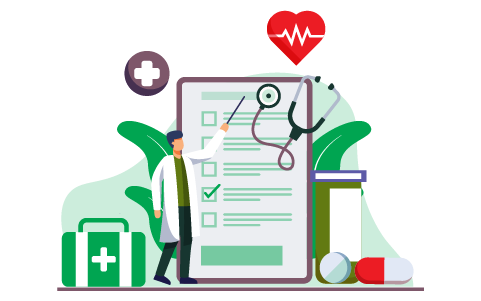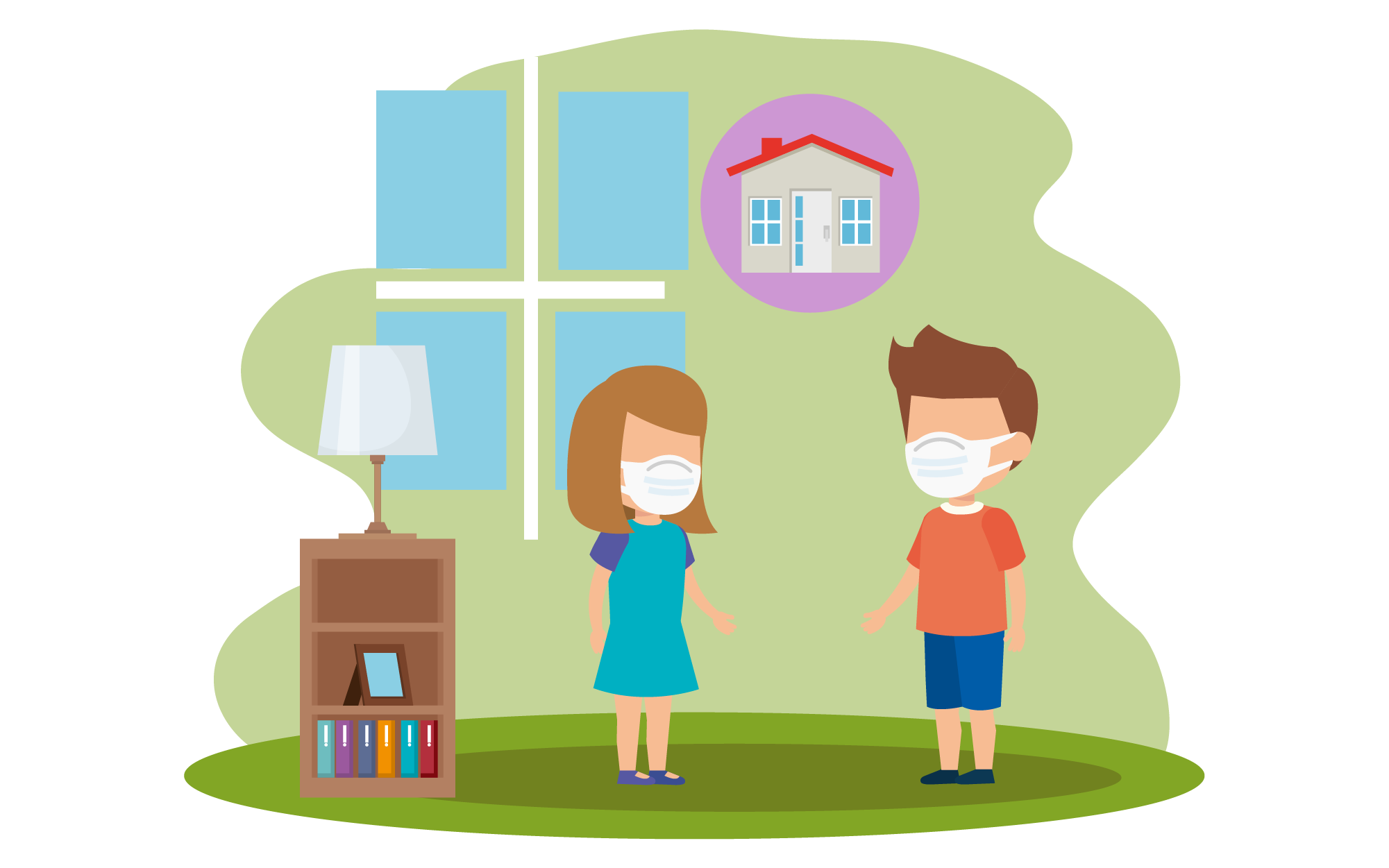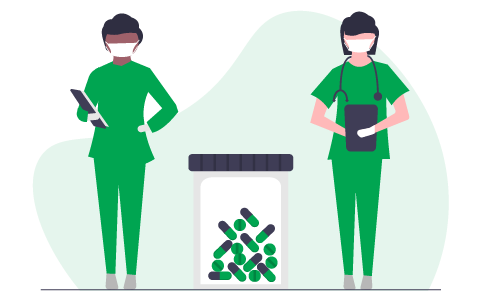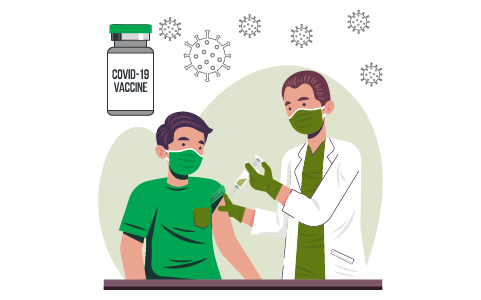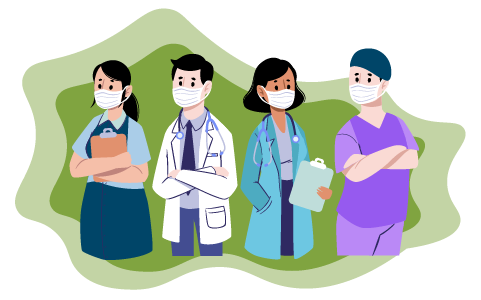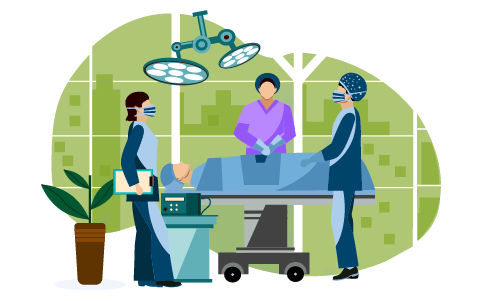We have all had a difficult 2020, which has affected us in varying degrees emotionally, financially,
physically, socially, and/or psychologically. Some of those who actually suffered Covid-19 illness
symptoms and many of those who were initially apparently totally unaffected have subsequently discovered
that they are having sequelae or after-effects.
While the elderly, especially those who are obese or have one or more lifestyle related chronic
illnesses,such as, high blood pressure, diabetes, cardio-vascular disease, had an increased risk of
severe disease and also of sequelae, the young survivors, including those physically-fit prior to
SARS-CoV-2 infection, have also reported one or more continuing or new symptoms,often months after the
acute illness was over or after having been essentially asymptomatic.
Thepersistent or new symptoms after the acute phase of the infectionare diverse and include:
- Fatigue
- Breathlessness or Dyspnoea
- Cough
- Joint pains
- Chest pain
- Muscle pains
- Palpitations
- Loss of smell or taste or both
- Headache
- Digestive disorders
- Low grade fever
- Short-term memory impairmentand/or difficulty with concentration
- Sleep disorders
- Being emotionally affected or psychological distress by their health
- Weight loss ≥ 5%
- Those who returned to work, many have reported reduced hours or modified duties due to health
reasons.
More serious complications appear to be less common but have also been reported. These include:
- Cardiovascular: myocardial inflammation, ventricular dysfunction
- Respiratory: pulmonary function abnormalities
- Renal: acute kidney injury
- Dermatologic: rash, alopecia
- Psychiatric: depression, anxiety, changes in mood
- Recovered COVID-19 patients surviving prolonged period of time in intensive care and mechanical
ventilation are susceptible to post intensive care syndrome (PICS).
- Blood clots and blood vessel problems, which can cause stroke, heart attacks, and long-lasting
problems with liver and kidneys
The reasons for these could be diverse such as:
- Organ damage from the acute infection phase
- manifestations of a persistent hyperinflammatory state
- ongoing viral activity associated with a host viral reservoir
- an inadequate antibody response
- Beyond the sequelae of the acute disease other factors that complicate the picture include physical
deconditioning at
baseline or after a long disease course, pre-COVID-19 comorbidities, and psychological sequelae following
a long or difficult disease course as well as those relating to lifestyle changes due to the pandemic.
These symptoms could result in lasting disability or diminished quality of life, which is commonly being
labelled “Longcovid.”Currently, no curative treatments are available for these kind of post-viral
syndromes which occur after some other virus illnesses too. So far, the treatment is directed at symptom
alleviation and coping strategies.Based on the experience from previous outbreaks of similar respiratory
virus epidemics, many of the discharged patients treated for COVID-19 are likely to have residual deficits
affecting physical, psychological, and respiratory function. The periodic evaluation, assessment and
management of these needs requires an appropriate plan for healthcare intervention.
While most people recover quickly from Covid-19, the potentially long-lasting sequelae make it even more
important to reduce its by following precautions such as wearing masks, avoiding crowds and frequent
handsanitation measures.
It is important to keep in mind that those with neuropsychiatric symptoms often need complex,
individualised care.Current recommendations for long Covid-19 include the identification and treatment of
concurrent general medical problems (including physical therapy and pulmonary rehabilitation for
persistent fatigue and dyspnoea); management of psychiatric syndromes with medications or psychotherapy
when appropriate; and the promotion of a brain healthy lifestyle of adequate sleep, exercise, social
engagement, and nutrition.
Post-COVID-19 care centres are bringing together multidisciplinary teams to provide a comprehensive and
coordinated treatment approach to Covid-19 aftercare. In such situations, if you need a second opinion to
be sure that your diagnosis or management is correct/appropriate, as the case may be, the specialists
doctors at AIMS2Health are at your service both individually or as part of multispecialty boards.
References:
-
COVID-19 (coronavirus): Long-term effects
https://www.mayoclinic.org/diseases-conditions/coronavirus/in-depth/coronavirus-long-term-effects/art-20490351
-
Late Sequelae of COVID-19 https://www.cdc.gov/coronavirus/2019-ncov/hcp/clinical-care/late-sequelae.html
-
Implications of COVID-19 sequelae for health-care personnel
https://www.ncbi.nlm.nih.gov/pmc/articles/PMC7834418/
-
The chronic neuropsychiatric sequelae of COVID‐19: The need for a prospective study of viral impact on
brain functioning https://alz-journals.onlinelibrary.wiley.com/doi/10.1002/alz.12255
-
Long-Term Sequelae of COVID-19
https://relief.unboundmedicine.com/relief/view/CoRespond-Emerging-Topics/2425053/all/Long_Term_Sequelae_of_COVID_19
-
Post COVID/ Long COVID
https://www.idsociety.org/covid-19-real-time-learning-network/disease-manifestations--complications/post-covid-syndrome/
